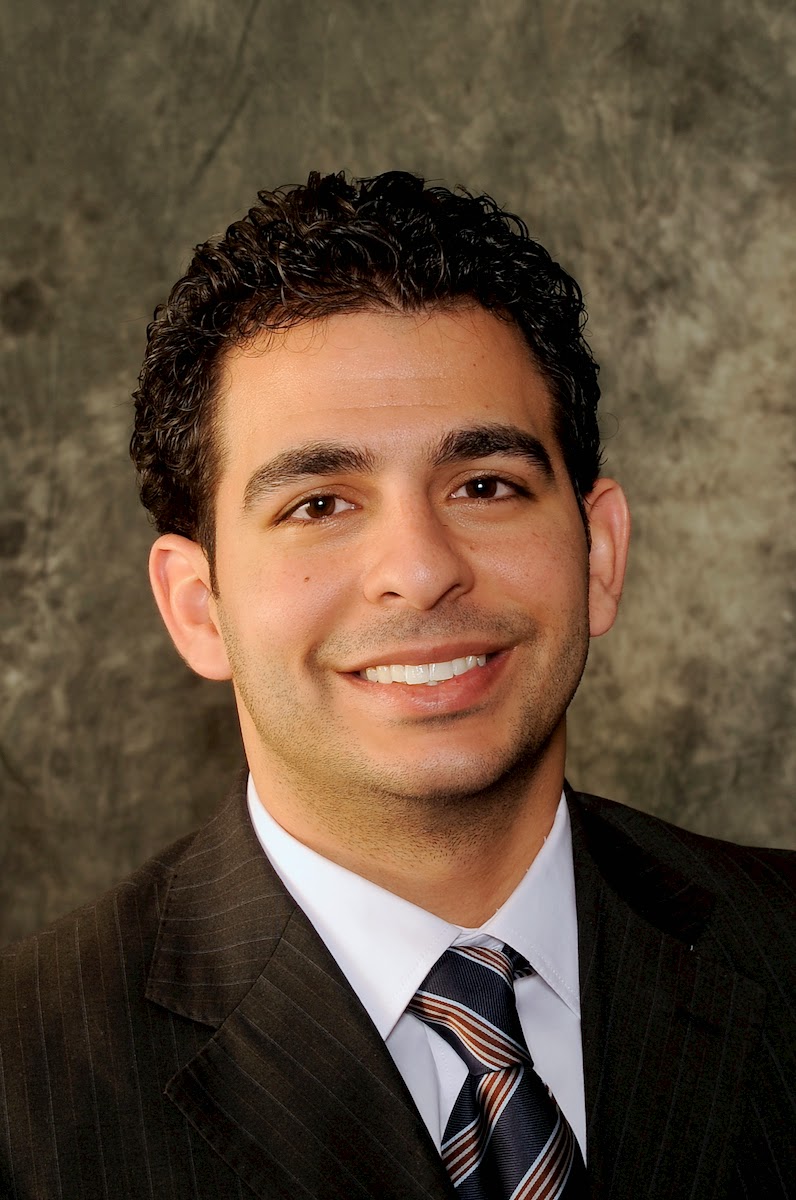How to utilize your dental insurance to minimize cost
For example, most
patients make their routine dental appointment to get a “cleaning” which they
were informed is covered at 100% when they signed up for the insurance. But
when they come in for the first time, they can be told many different treatment
options with variable cost based on their dental condition just to get a
“cleaning.”
Some need just a
simple dental cleaning called “Prophy” in dental world, or some need deep
cleaning which is divided by the 4 sections of your mouth called “Scaling and
Root planning in each quadrant,” or some may need gum surgery right away to get
proper cleaning of their gum which is called “Osseous surgery” with bone graft
or without bone graft depending on their condition. When you fall into the
latter group of patients, your cost of routine dental treatment can go from $0
copay to hundreds or thousands of dollars of copay. And this is just one
example.
Then you may start
to wonder, am I getting ripped off by the dentist? Or is my dental insurance
that bad? Unfortunately in most cases, it is your dental insurance because most
dental insurances cover 100% only when it comes to preventative services which
literally means the services to prevent disease. But if you are treating any
dental disease that exists in your mouth, your copay can vary 20% to 100%
depending on the contract of your dental insurance policy.
And that is why
you often feel that having a dental insurance doesn’t help you to get dental
treatment that you need. Hence, unfortunately, why a lot of dental treatment is
determined by your dental insurance plan rather than what’s best for your
dental health. And always it’s better to do what’s best for your health, not
what’s best for your dental insurance.
So, having a
better understanding of your dental insurance plan helps before you sign up.
Most dental insurance
plans are divided by 2 major categories, HMO or PPO. In HMO dental insurance,
you have a good coverage for most minor treatments without a yearly maximum
limit, but you have little benefit for major dental treatment. You also have a
very limited access to dentists since there are not a lot of participating
doctors. And you can only have one primary dentist with this plan and you can
not see any other specialist without his/her referral to a specialist that participates;
again, only few specialist dentists participate in HMOs.
In PPO dental
insurance, you still have good coverage for minor treatment, similar to HMO, on
top of better coverage for some major treatment. So if you need some major
dental treatment, your copay may be lower than having HMO, however, of course
there’s a trick. In PPO plans, there normally is a set yearly maximum limit, so
once you go over your yearly maximum, everything is out of your pocket cost. Lastly,
there tend to be more participating doctors for PPO plans than HMO, and you can
generally see any dentist using PPO plan whether they participate or not.
I created a very
simplified table of comparison of the two major categories to help you
understand better. But there are a lot of subcategories of dental plans and your
policy can change every year. Therefore, you have to literally understand all
the fine lines of your particular plan each year, whether the treatment that
you need is covered to minimize your cost. So understanding your own plan
thoroughly before you sign up will certainly help you to get better treatment
with less cost. But the most important thing to understand, is to take care of
your dental health with the best treatment option regardless of your insurance
plan; ultimately saving you cost in the future.
by :Dr Ivy Hwang
Dr. Hwang obtained her dental degree at Columbia University in New York City and completed her residency at Newark Beth lsrael Hospital in Newark, NJ. She excels in Cosmetic, lmplant and General dentistry making her sought after for the complex and routine dental treatment. She is currently a Fellow in The International Congress of Oral Implantology. She strives to treat and care for her patients to make each dental visit as pleasant as possible.
Dr. Hwang continues to attend various continuing education programs to provide the best and most up to date treatment options to her patients. Aside from dentistry, she enjoys spending time with her husband, family, and friends, traveling, running, and watching sports.





Comments
Post a Comment